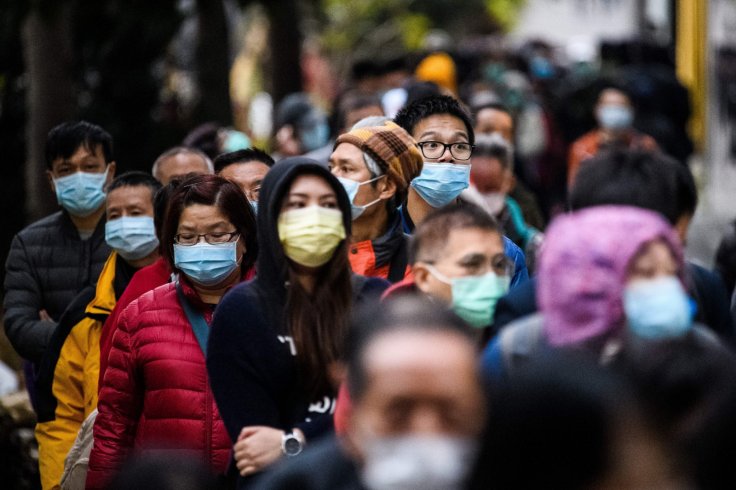The world is currently struggling to fight with the coronavirus or COVID-19 as the cases of infection are increasing day by day. A new study has pointed out three simple steps that can turn out to be helpful in stopping most of the novel virus outbreak.
The three simple acts are washing hands regularly, wearing masks and social distancing, according to the study the pandemic can be stopped even without a vaccine or additional treatment if people follow these simple steps.
The study, published in the journal PLoS Medicine on Tuesday made a new model to look a the spread of the virus and prevention efforts that might help stop it. The contact rates were based on the people's interaction in the Netherlands, however, the model is perfect for other Western countries, the researchers at the University Medical Center mentioned. "A large epidemic can be prevented if the efficacy of these measures exceeds 50%," they wrote as reported by CNN.
How to Stop COVID-19 Outbreaks

If the people are slow, but they eventually change their behavior, it will reduce the numbers, but not delay the peak, as per the model. On the other hand, if the governments shut down early, but no one obeys the rules then it will delay but not reduce the peak. A three-month intervention can delay the peak by around seven months.
If the government disposed of physical distancing and the people obey the necessary restrictions then the height of the peak can be reduced, even after the social distancing orders get lifted. "Moreover, the effect of combinations of self-imposed measures is additive," the researchers stated. "In practical terms, it means that SARS-CoV-2 will not cause a large outbreak in a country where 90% of the population adopts handwashing and social distancing that are 25% efficacious," they added.
Even with the self-imposed social distancing, contacts with other people might not get eliminated. In the case of people who live together are going to interact and have a high chance of getting infected. So small outbreaks can happen.
The authors argued that governments should educate the people about the spread of the virus and increase their awareness. However, there are also certain limitations to the model as it does not take into account the demographics, people who get infected from the ones in health care facilities, and also the possibility of reinfection.
The novel virus outbreak has created a major stir around the world in recent times. The US is the worst affected nation due to the outbreak followed by Brazil and India. Many vaccine candidates are undergoing different stages of the trial around the world and a cure is expected by the first quarter of 2021.









